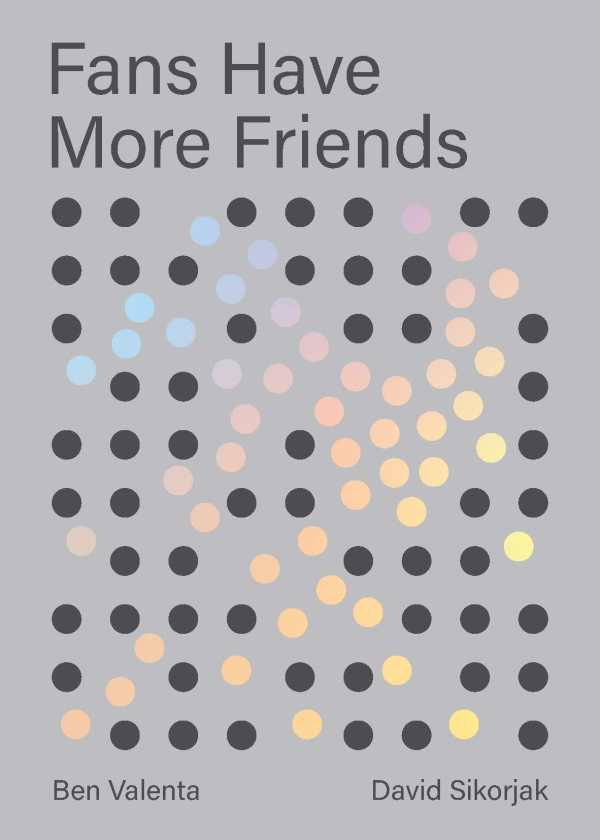Fans Have More Friends
Fans Have More Friends is an insightful social science study that forwards useful suggestions for fostering social connections and strengthening communities.
Sports business executives Ben Valenta and David Sikorjak discuss the extensive benefits of fandom for individuals and society in their enlightening social science text Fans Have More Friends.
Sports fans, Valenta and Sikorjak say, are passionate and engaged people, in counter to some popular misconceptions of fandom. Their book positions fandom as a remedy to loneliness—something that creates a sense of belonging. And it claims that there are other benefits too: fandom unifies communities, lessens polarization, and improves individual well-being. In support of these claims come anecdotes that show fandom improving family relationships and social connections, healing divisions in society, and bridging gaps between people from different backgrounds: one man, for example, used his Liverpool fandom in Kansas City, Missouri, to make new friends after immigrating to the United States from South Africa. The book notes that major league baseball games provided a sense of hope and normalcy after the attack on Pearl Harbor too.
The book is also supported by surveys within fan groups, representing people of different ages, political affiliations, and ethnic and racial identities. Their answers support the book’s assertions that fans have more friends and that they value their relationships more. They indicate the influence of fandom on people’s attitudes, trust among different groups, and empathy for others, too. Such points are compelling, drawing a data-based link between fandom and popular support for social justice on topics like racial equality. Clear, colorful graphs organize this data further.
These surveys and studies are bolstered by considerations of loneliness in contemporary society. The book emphasizes concerns about restoring social connectivity and building community trust; it discusses the value of forming social relationships to combat isolation, too, which impacts personal well-being. Rhetorical questions arise, addressing shared senses of belonging to further foster individual mental health; these inquiries are engaging opportunities to reflect upon the impact of fandom within the audience’s lives. They also further emphasize the book’s key points about how fandom provides avenues for social interactions: there are examples of family members deepening their bonds through shared interests in a sport, as well as of fandom becoming a gateway to long-term friendships.
Fans Have More Friends is an insightful social science study of the benefits of fandom that forwards useful suggestions for fostering social connections and strengthening communities.
Reviewed by
Edith Wairimu
Disclosure: This article is not an endorsement, but a review. The publisher of this book provided free copies of the book and paid a small fee to have their book reviewed by a professional reviewer. Foreword Reviews and Clarion Reviews make no guarantee that the publisher will receive a positive review. Foreword Magazine, Inc. is disclosing this in accordance with the Federal Trade Commission’s 16 CFR, Part 255.

